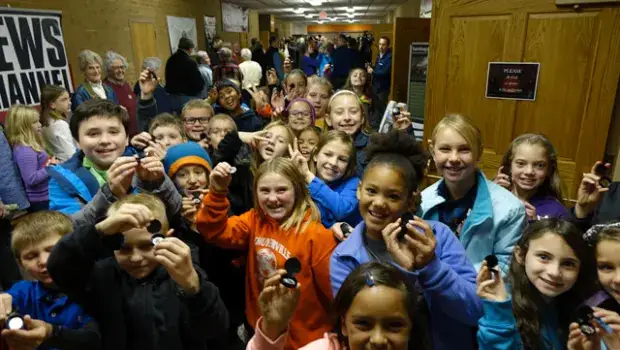When you become a numismatist, you practice several life skills, including managing your budget, learning to determine fair value, studying history, art, and geography, and being organized.
While all committee members judged this thesis almost certainly true, one member with experience measuring demographics explained that such a study would be too expensive and take too many decades to complete.
That may not be necessary. When R. W. Bradford founded Liberty Coins 53 years ago, over the next decade, he would ask people selling coin collections two questions. First, he would ask them if the sellers had become active numismatists and for how long. Second, he would ask them if they were selling the collection for a profit.
The different results were dramatic. Of people selling their collection who couldn’t be bothered to study much about their coins and currency, often where people purchased what was described as an investment portfolio, over 90% of them sold at a loss.
In contrast, people who had become serious coin and currency collectors and kept at it for at least five years ended up selling at a profit about 90% of the time.
If you are considering what gift might be appropriate for a child aged seven into their early teenage years, a starter kit of coins, currency, and related supplies just might end up rewarding them with long-term enjoyment, life skills, and financial gains.
Now, many young collectors start off sorting through the change in their own or their parents’ pockets, purses, and wallets. That lowers the opportunity cost if the interest doesn’t last. It then might be possible to simply spend the American coins and currency to get their money back out of the collection.
Another advantage of mentoring a young collector is the quality of time spent together, which creates memories. What’s not to like?
